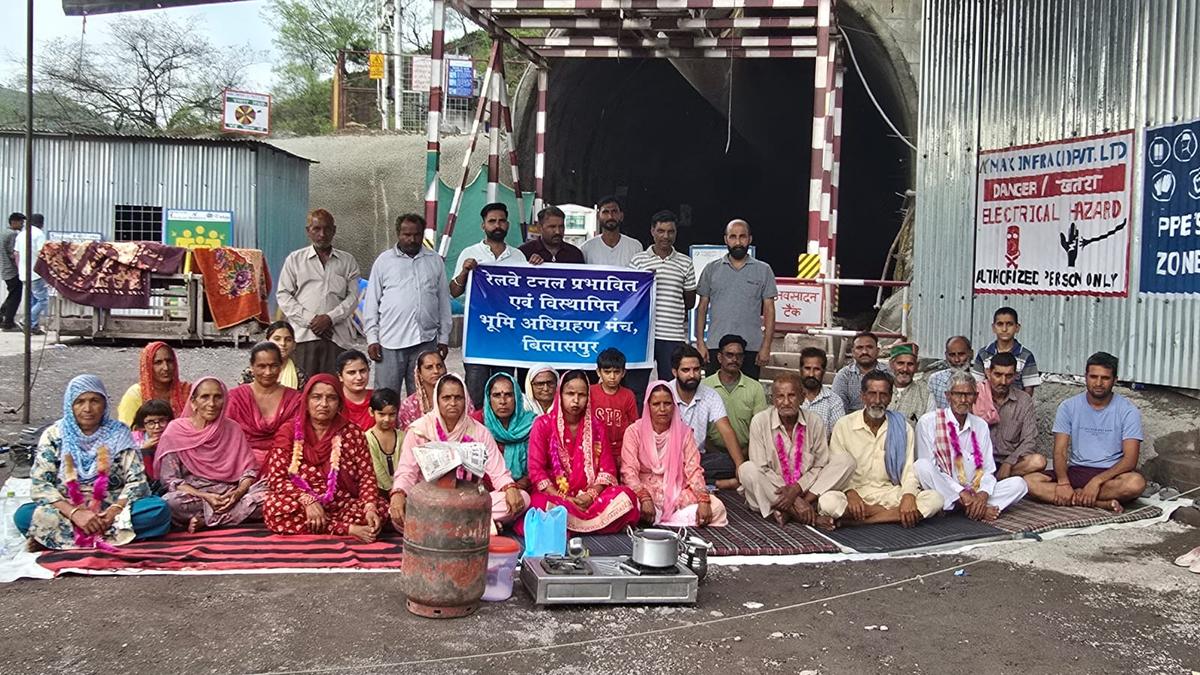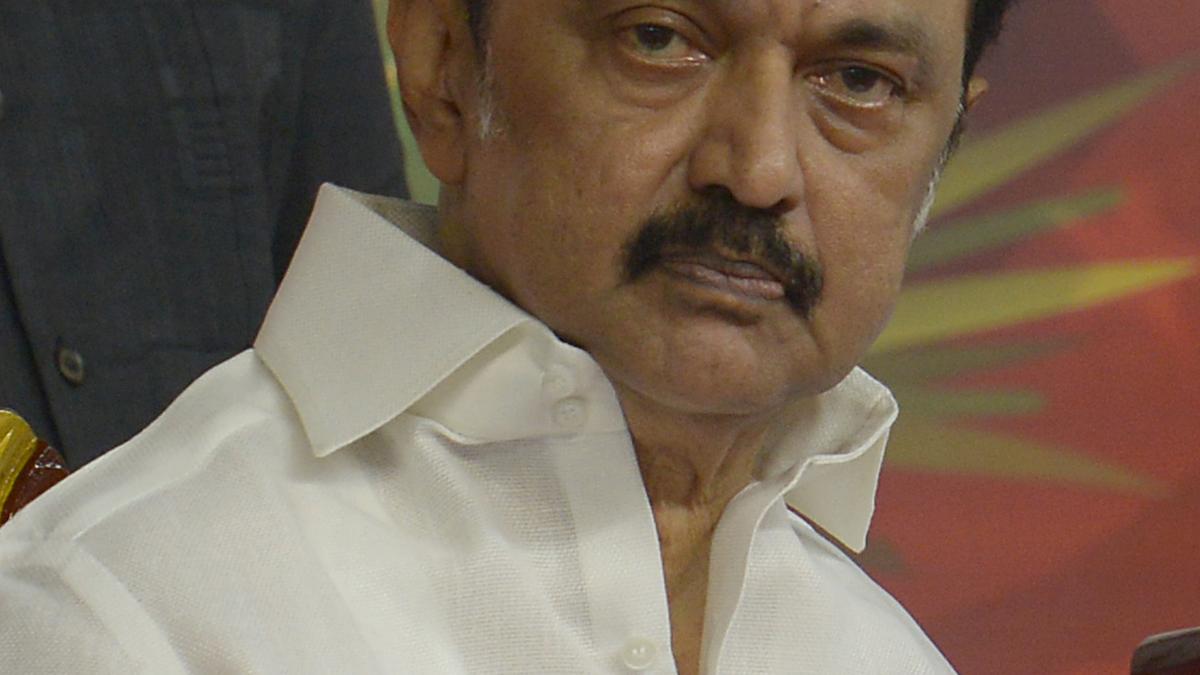As Bihar becomes the first State, at least since 2004, to go for an intensive overhaul of electoral rolls months before the Assembly election, questions swirl around the powers of Electoral Registration Officers (EROs) to report cases of suspected foreign nationals to a “competent authority”.
The Election Commission (EC) guidelines on Special Intensive Revision (SIR) for Bihar issued on June 24 do not specify the methodology to be followed by an ERO to flag the case of a suspected foreigner to a “competent authority”.
Editorial | Careful curation: On Bihar’s Special Intensive Revision of electoral rolls
Any of the eleven documents, which include birth certificates, passports, caste certificates, school leaving certificates, pension documents, and a self-declaration form has been made compulsory to prove the date of birth “and/or place of birth”.
The guidelines said, “Also, EROs will refer cases of suspected foreign nationals to the competent authority under the Citizenship Act, 1955.”

“…For these purposes, AERO (assistant electoral registration officer) shall exercise ERO’s powers independently u/s 13C(2) of the Representation of the People Act, 1950,” it added.
No checklist
Asked if there is a checklist to determine the citizenship of electors, a subject that comes under the purview of the Ministry of Home Affairs (MHA), a senior EC official told The Hindu, “This call will be taken by the ERO concerned. No specific list (has been provided). Different places have different systems.”
To be included in the electoral rolls, nearly 2.93 crore people are expected to furnish the details. During the 2024 general elections, Bihar had 7.9 crore voters. Of this, 4.96 crore voters who were there in the 2003 revision list need not submit the details, the EC said. During 2003 intensive revision, enumerators were sent for door-to-door verification with a working copy containing details of the existing electors in a row, and a blank row for correction in the existing particulars and also for capturing details of newly eligible persons.
Under the Citizenship Act, 1955, only the MHA has the authority to decide on citizenship issues. Periodically and through different orders, the MHA delegates the power to detect, detain or deport foreign nationals who are either undocumented or staying illegally, to State authorities, which may include the police or the district commissioners. However, the latest manual of the EC, issued in March 2023, mandated EROs to flag citizenship cases.
The Opposition has termed Bihar’s SIR exercise an attempt to compile the National Register of Citizens (NRC) through the backdoor. The NRC was opposed by several political parties as it had the potential to strip people of citizenship if they failed to produce documents.
Jagdeep Chhokar of the Association for Democratic Reforms (ADR), a non-profit that moved the Supreme Court against the EC on Saturday said, “The ECI has taken upon itself the implementation of the Citizenship Act. The exercise is based on presumption of citizenship to those who were part of the 2003 electoral rolls while others have to prove date of birth and/or place of birth.”
‘Documents sought earlier too’
Former Chief Election Commissioner O.P. Rawat said the powers of the ERO regarding deciding the citizenship of a person for inclusion in the voter list have been existing under the provisions of the Representation of the People Act, 1950. He also said that even in 2003, SIR documents were sought from voters to prove citizenship. Mr. Rawat, though, added that the list of 11 documents sought by the EC are indicative and not exhaustive, and the ERO can satisfy himself with any other document furnished.
In India, citizenship can be acquired by birth, descent, registration and naturalisation. The Citizenship Act enacted in 1955 granted citizenship by birth to any person born in India after January 26, 1950. The Act was amended in 1986, 2003 and 2019. The 1986 amendment, which followed the Assam agitation, said that those born in India would be considered Indian if at least one of the parents was an Indian. The 2003 amendment said that for those born between 1987 and 2003, both parents should be Indians and in case of one parent being an Indian, the other should not be an illegal migrant.

The 2003 Act also inserted a new section on the issuance of national identity cards, authorising the MHA to compulsorily register every citizen of India and issue national identity cards. “The Central Government may maintain a National Register of Indian Citizens (NRIC/NRC) and for that purpose establish a National Registration Authority,” the Act said. The Citizenship Amendment Act (CAA), enacted in 2019 created another category exempted from the existing rules – it granted citizenship to undocumented migrants belonging to six minority communities from Afghanistan, Bangladesh and Pakistan who entered India before December 31, 2014.
NRC backlash
Though the law to compile NRC still exists, post-CAA protests in which 83 persons were killed from December 2019-February 2020 in police firing and riots in Assam, Uttar Pradesh, Karnataka, Meghalaya and Delhi, the government said there was no plan as of now to compile the register. Even the Bharatiya Janata Party (BJP) poll manifesto before the 2024 Lok Sabha election dropped the proposal.
As per Article 6 of the Constitution, the cut-off date for migration to India from Pakistan is July 19, 1948. In Assam bordering Bangladesh, the cut-off date for inclusion in the National Register of Citizens (NRC) is March 25, 1971, as spelt out in the Assam Accord. The Assam NRC, unique to the State, was monitored by the Supreme Court and the final list published on August 31, 2019 excluded 19 lakh out of 3.29 crore applicants in the State.



.png)
.png)
.png)
















 2 hours ago
6
2 hours ago
6








 English (US) ·
English (US) ·